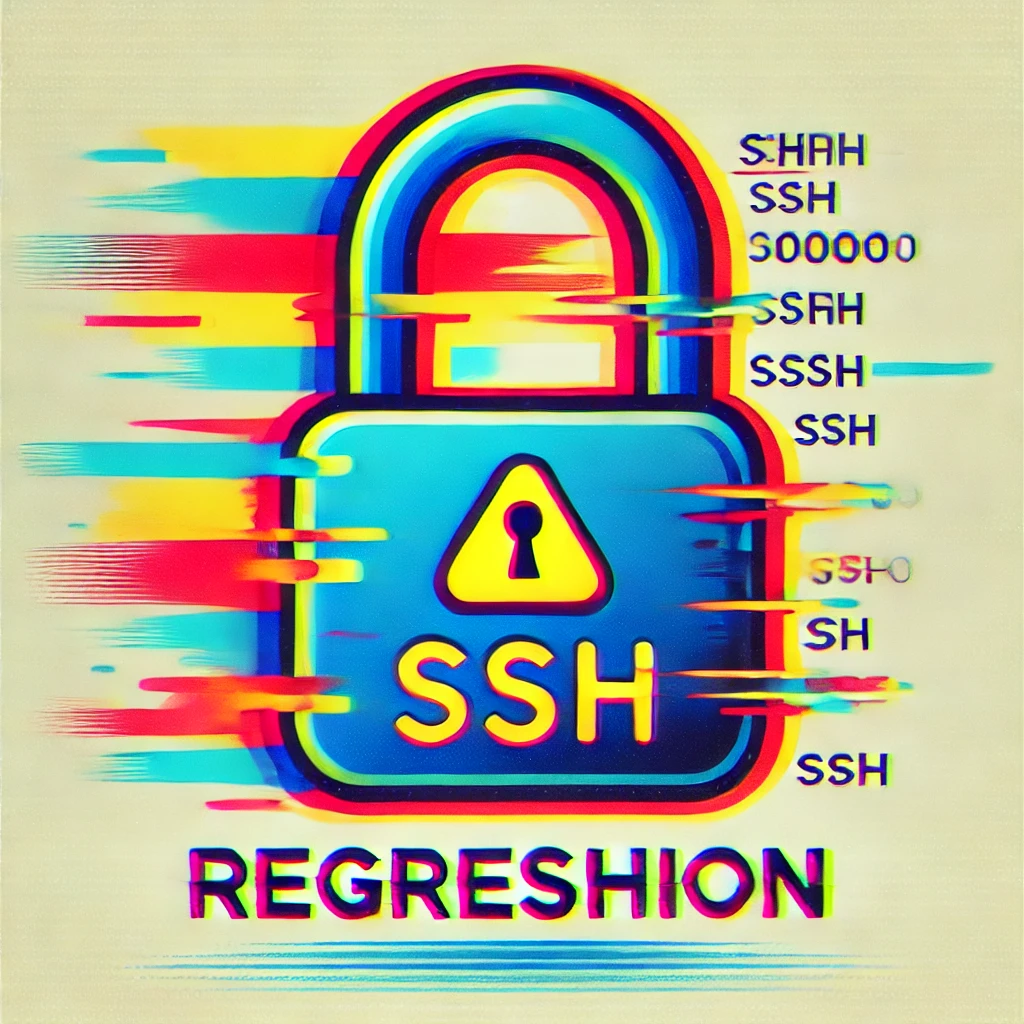Overview
A new critical vulnerability, dubbed “regreSSHion” (CVE-2024-6387), has been identified in OpenSSH’s server (sshd) on glibc-based Linux systems. This flaw allows unauthenticated remote code execution, granting attackers full root access. The vulnerability, first identified by Qualys’ Threat Research Unit, represents a significant exploit risk as it affects the default OpenSSH configuration and requires no user interaction.
Details of the Vulnerability
The regreSSHion vulnerability is a regression of a previously patched issue (CVE-2006-5051). It was inadvertently reintroduced in OpenSSH version 8.5p1, released in October 2020. This flaw emphasizes the importance of thorough regression testing in software development to prevent the reintroduction of known vulnerabilities.
Affected Versions
- Vulnerable: OpenSSH versions earlier than 4.4p1 (unless patched for CVE-2006-5051 and CVE-2008-4109) and versions from 8.5p1 up to, but not including, 9.8p1.
- Safe: Versions from 4.4p1 up to 8.5p1 (due to a transformative patch).
Mitigation and Recommendations
To protect systems from this vulnerability, administrators are urged to:
- Update OpenSSH: Ensure all systems run a non-vulnerable version of OpenSSH.
- Monitor Systems: Regularly review security advisories and implement patches promptly.
- Implement Security Best Practices: Employ defense-in-depth strategies, including robust access controls and continuous monitoring.
Conclusion
The regreSSHion vulnerability underscores the critical need for vigilant software maintenance and thorough regression testing. Organizations must stay proactive in securing their infrastructure to prevent potential exploits and safeguard sensitive data.
